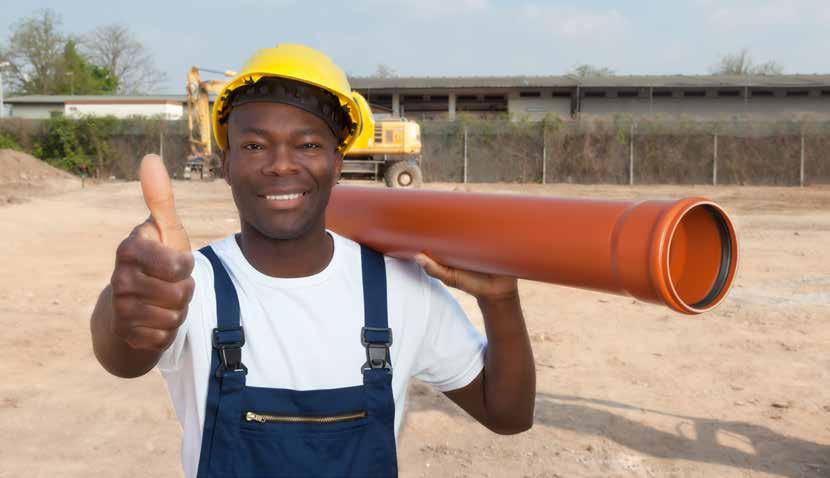
3 minute read
Major role for wastewater epidemiology
Research presented at a recent Water Action Platform webinar has demonstrated the important role of WBE in tackling Covid-19.
The regular webinars, hosted by Isle chairman Dr Piers Clark, look at the novel coronavirus and global pandemic through a water industry lens. Insights from academia and the experiences of utilities around the world are shared, along with expert analysis providing insight into broader developments in science and technology bringing change in the world of water and wastewater.
Advertisement
Here are three key learnings related to WBE:
1Virus found in Brazilian sewage months before first reported case Recent research from the Federal University of Santa Catalina in Brazil adds to the body of evidence that wastewater has a role to play in identifying presymptomatic or asymptomatic cases of Covid-19 in the community.
A preprint (not yet peer-reviewed) academic paper identifies the presence of the virus in two separate samples taken in state capital Florianópolis on 27 November 2019 – two and a half months before the first case was reported in the area – and in subsequent samples up until March 2020.
The research also shows the relationship between ribonucleic acid (RNA) detected in sewage and the scale of the outbreak. Water utilities around the world are revisiting stored wastewater samples to help identify when the severe acute respiratory syndrome-related coronavirus (SARS-CoV-2) first appeared.
Wastewater-based epidemiology (WBE) has a significant part to play in identifying ‘silent’ Covid-19 cases in the community.
2Wastewater epidemiology has major role in identifying ‘silent’ cases The latest research showing the risk posed by ‘silent transmission’ of Covid-19 from asymptomatic and presymptomatic infections also helps make the case for WBE.
An academic paper from four universities in Canada and the USA demonstrates that most Covid-19 infections may be attributable to silent transmission from presymptomatic and asymptomatic cases.
Presymptomatic-stage and asymptomatic infections together account for over 50% of transmissions. Consequently, even immediate isolation of all symptomatic cases is insufficient to achieve control.
Symptom-based isolation needs to be supplemented by testing that identifies asymptomatic and presymptomatic cases to control the spread of the disease.
“This research indicates more strongly than ever before that the current symptom-based isolation approach adopted by many countries has to be supplemented by a rapid track-and-trace system. This is exactly where a WBE system that can give an early warning of an outbreak has a major part to play. We must keep working to make this a reality,” says Clark. 3 Flushed PPE putting pressure on sewage works The increased use of personal protective equipment (PPE) in the last few months has meant a massive increase in unsuitable items being flushed. These are blocking sewers and collecting at the heads of sewage works around the world, creating a range of problems.
In Zagreb, Croatia, a public appeal was made after the central water treatment system became clogged with a large quantity of unflushable items, including disinfectant wipes, respiratory masks and latex gloves.
“To make matters worse, the workers had to clean the purifier by hand, thus exposing themselves to further risk. The importance of flush-it campaigns is now more important than ever,” says Clark.
Top 10 things to know about Covid-19 As the water industry seeks to bring personnel up to speed on Covid-19, the Water Action Platform has released a new video of top 10 essential facts. The three-minute recording is presented by biochemist and microbiologist Dr Jo Burgess, who leads the knowledge hub on SARS-CoV-2 in wastewater.
This handy guide is openly available on the Water Action Platform and Isle’s YouTube channel and is a useful training tool, explaining terminology, how soap kills SARS-CoV-2, and why research on the SARS virus that caused the 2004 epidemic is still useful today. A longer eight-minute lecture by Burgess is also available.
The videos can be found at: www.wateractionplatform.com/ sector-experts.










